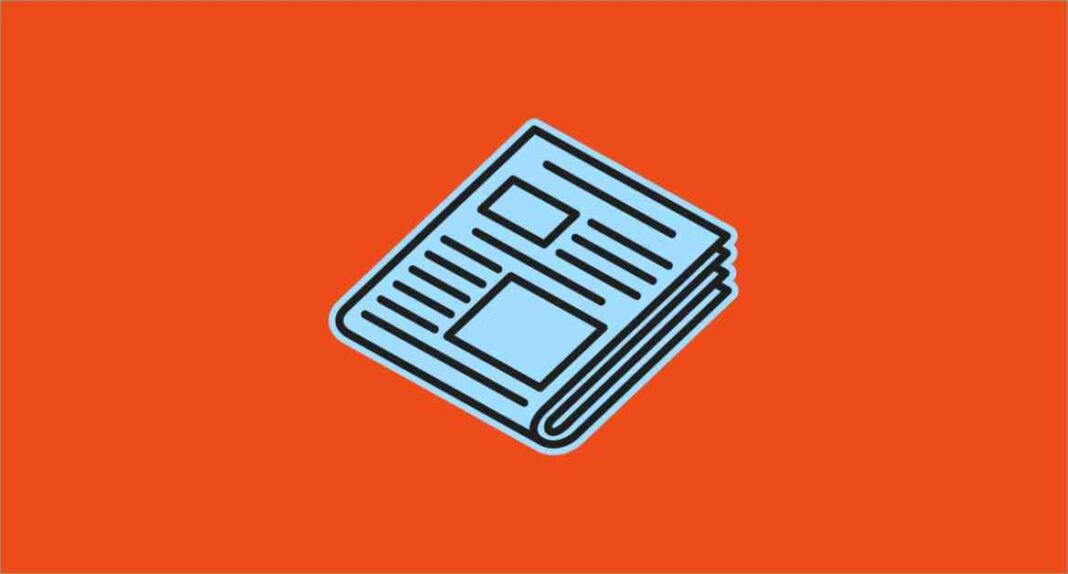A group of Canadian news and media companies have taken legal action against OpenAI, the creator of ChatGPT, claiming that the company has violated their copyrights and profited from their work without permission. The companies involved in the lawsuit, including the Toronto Star, the Canadian Broadcasting Corporation, and the Globe and Mail, are seeking monetary compensation and a ban on OpenAI using their content in the future.
According to the lawsuit, OpenAI has been using content taken from the websites of these news companies to train its language models, such as ChatGPT. The news companies argue that this content is the result of significant time, effort, and resources invested by their journalists and staff, and that OpenAI has unlawfully appropriated it for its own commercial purposes.
In addition to the Canadian news companies, OpenAI is also facing copyright infringement lawsuits from other entities, including The New York Times, New York Daily News, YouTube creators, and comedian Sarah Silverman. While OpenAI has reached licensing agreements with certain publishers, the companies behind the lawsuit claim that they have not received any compensation for the use of their work.
On the other hand, OpenAI has defended its practices, stating that ChatGPT is a widely-used tool that benefits millions of people globally. The company asserts that its models are trained on publicly available data and adhere to fair use and copyright principles that support innovation. OpenAI also highlighted its collaborations with news publishers, offering options for them to be credited in ChatGPT search results and to opt-out if they choose to do so.
This legal dispute arises following a study by Columbia University’s Tow Center for Digital Journalism, which found inaccuracies in how ChatGPT represents the content of various publishers, regardless of their relationship with OpenAI. The outcome of this lawsuit could have significant implications for the use of AI technologies in the media industry and the protection of intellectual property rights.











